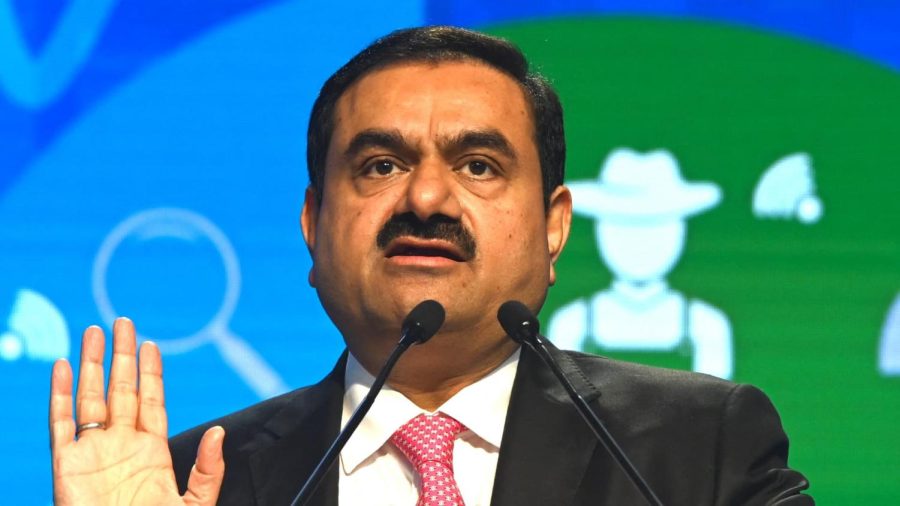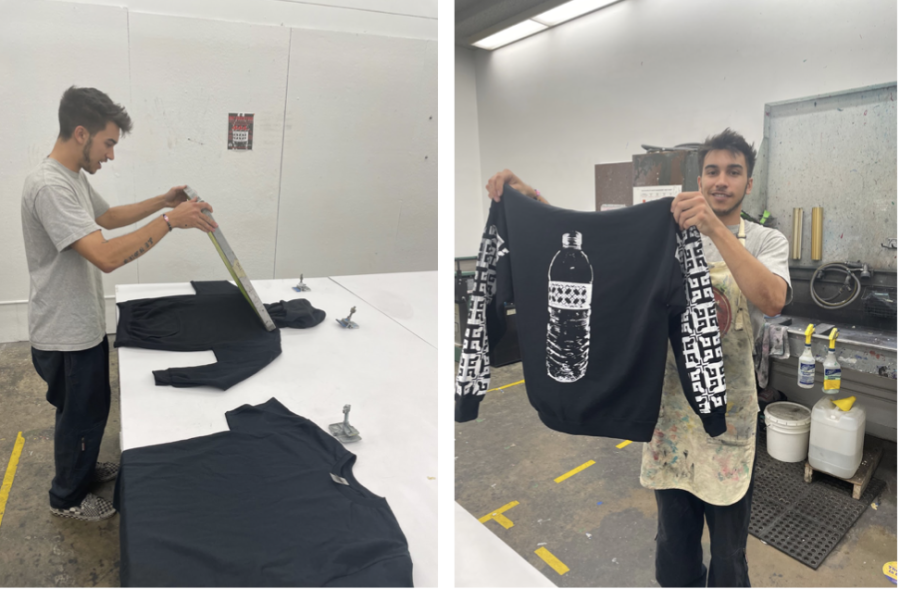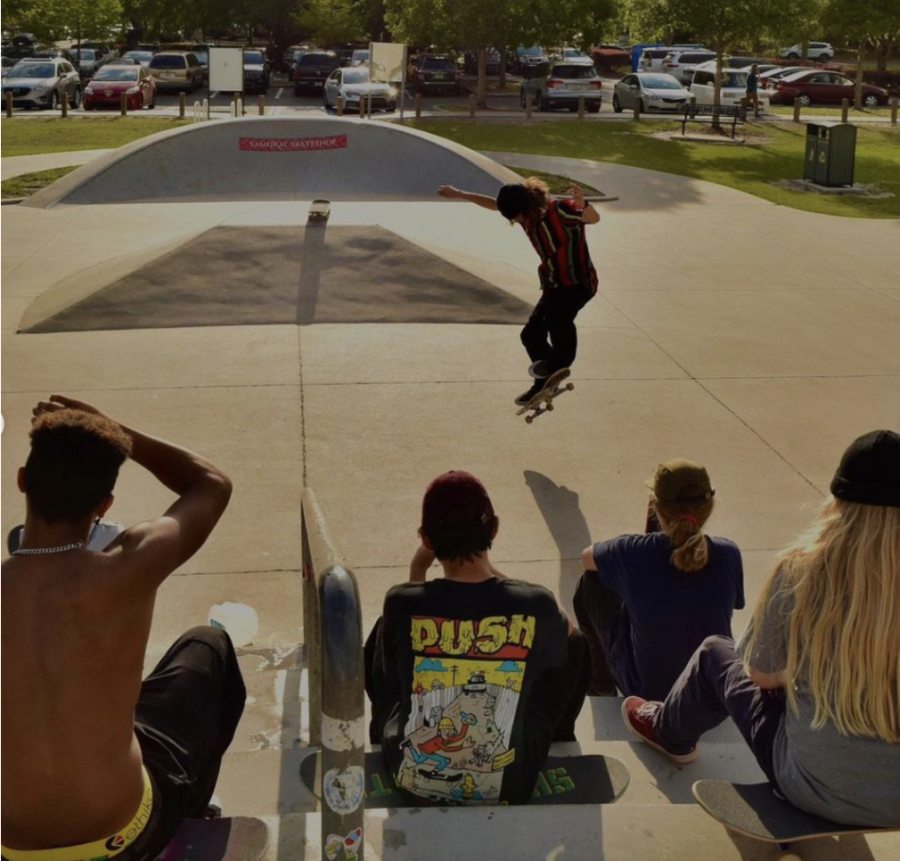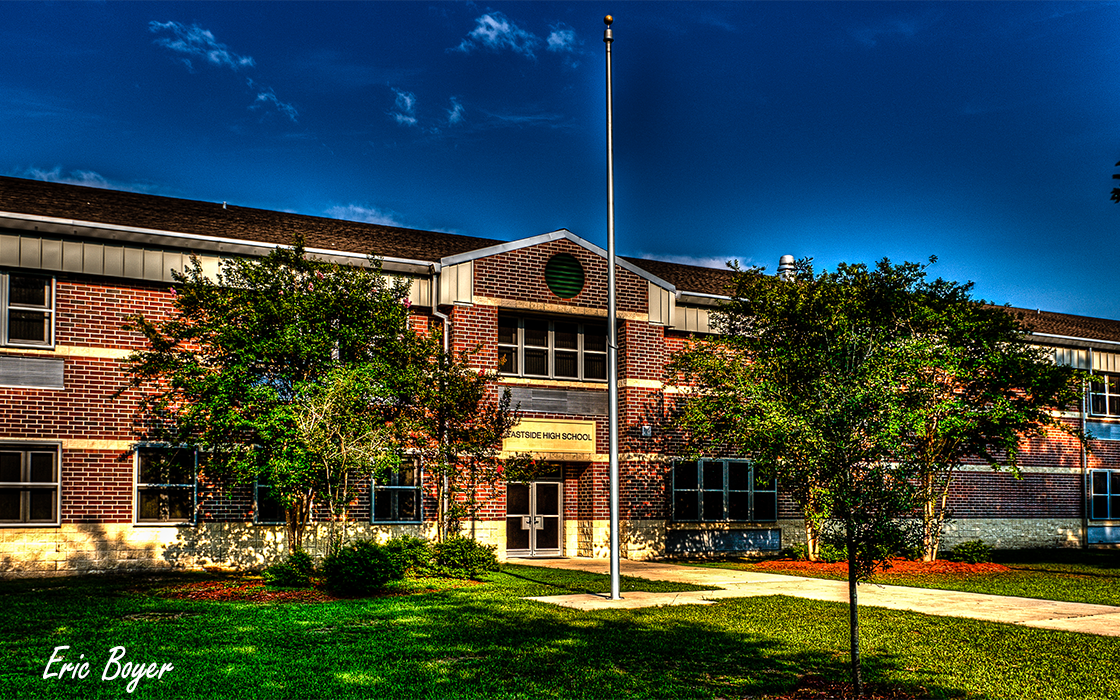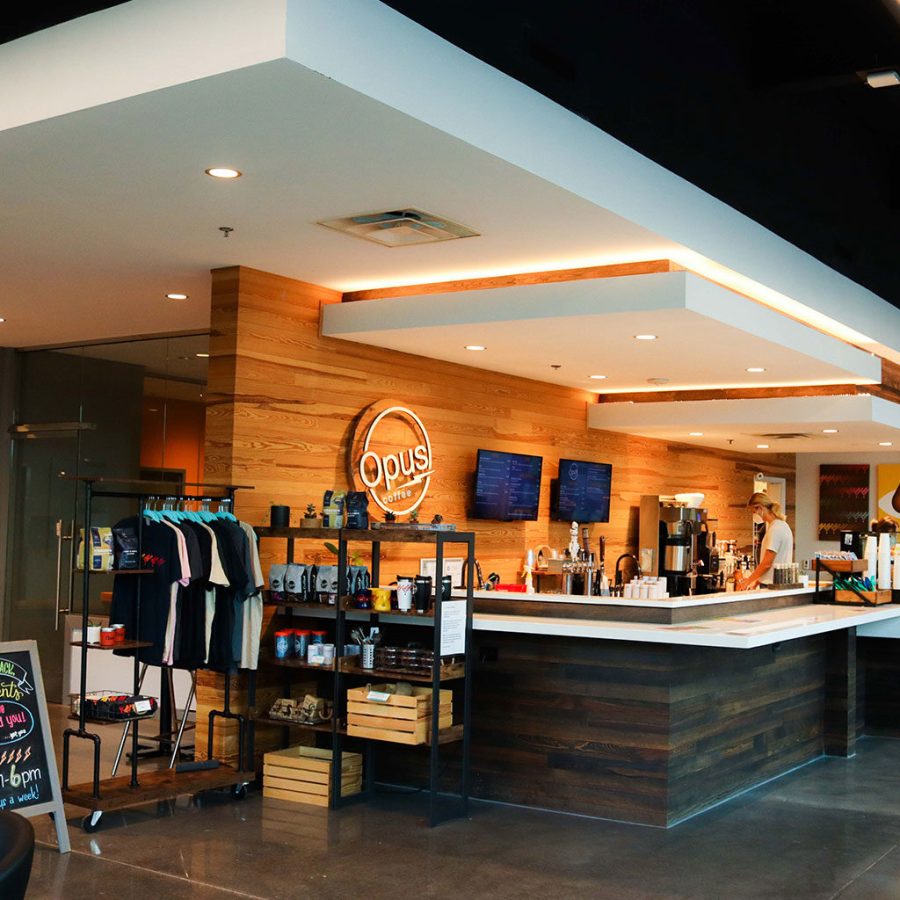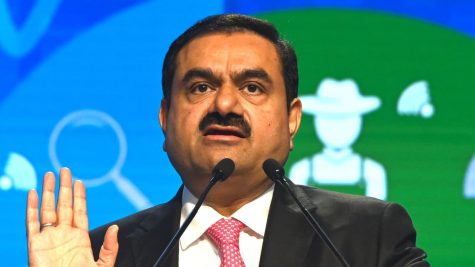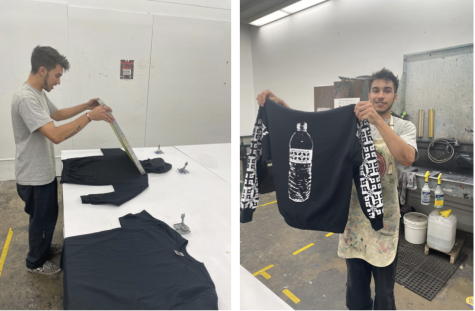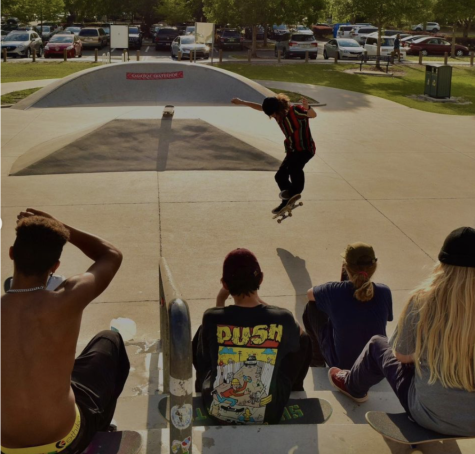Understanding and Reducing Eastside’s Ecological Footprint
If you’ve ever wondered what impact your actions and habits have on the environment in our community, then you’ve considered your ecological footprint, a measure which, in simplest terms, means “the impact of human activities measured in terms of the area of biologically productive land and water required to produce the goods consumed and to assimilate the wastes generated,” according to the World Wildlife Foundation. To understand your ecological footprint, you first need to consider what resources you consume on a daily basis, what impact the accumulation of these resources has, and what your carbon footprint is.
Lucky for us, there are online calculators to tell us what our approximate ecological footprint is. For example, the Global Footprint Network has an easy-to-use, digital ecological footprint calculator which gives you data on your footprint, sources of high consumption, and solutions for reducing your impact. I highly recommend that you check out the link at the end of this article and see what your footprint is. It may be surprisingly insightful.
So, in the face of all these ecological impacts, what can actually be done to reduce our footprint here at Eastside? I talked to Eastside environmental science teacher Dr. Doherty about this issue.
An important consideration for Eastside’s ecological footprint is recycling on campus. Our environmental club, 7th Generation, takes the time each week to handle recycling, but for this to be effective, disposal in class must be done properly and consistently. This means that if you have waste that you know could be recycled, which does not include most food or candy packaging, tissues, wipes, etc., then you should find the green recycle bin in that class to dispose of it. If you’re uncertain about what is recyclable, double check Alachua County’s recycling guidelines linked below. Unfortunately, Dr. D mentioned that there is a very real possibility that recycling just gets thrown in a landfill, rather than being processed. So, he believes that recycling is more an issue of “reducing” our consumption. A solution he proposed for this is “getting rid of the vending machines.” This would reduce the number of plastic bottles, cans, and waste used on campus. The items sold are unhealthy anyways, and reducing consumption of sugary beverages and snacks is better for overall student health. So, to make a difference in this aspect, reduce consumption from the vending machines. Along these lines, it would be helpful to use more reusable water bottles on campus, rather than plastic-bottled water.
Moreover, if you feel like giving back on our campus, you can participate in 7th Generation’s recycling and Work Outside Wednesday activities. Then, you’ll have the opportunity to garden, clean up our campus, and enjoy the outdoors. Gardening and caring for the plant life on campus by increasing plant diversity and density is something that Dr. D says can “reduce the ecological footprint in an indirect way,” since plants help store atmospheric carbon dioxide.
Another issue Dr. D pointed out is the cafeteria. Though our cafeteria has made efforts to serve better foods under national programs like Michelle Obama’s Farm to School program, much of the healthy/organic food is being wasted. I’m sure everyone at this school has noticed how many of the cafeteria’s apples get thrown away every day. Dr. D believes close to “9 out of every 10 apples gets discarded.” This is a problem, because “somebody is growing that apple, it’s using up sun, soil, water, farm labor, and it’s being transported until it finally gets to a public school cafeteria.” The production of these apples uses up vital natural resources, only to be discarded in our cafeteria. This contributes to our ecological footprint, and could be reduced through full use of the resources and food our school provides, rather than wasting them.
Diet is important in general when dealing with ecological footprints. Rather than packing processed, packaged, and likely imported foods for lunch, consider taking a salad, with locally sourced veggies or meats. Reducing average meat consumption can also decrease ecological footprint, since the production of meat is a process which requires a lot of energy and natural resources. Overall, consider where the food you eat comes from and what resources may have been used to produce it.
However, what really stuck with me the most from my talk with Dr. D was his opinion on the efforts themselves. He said “for me, it’s about a conversation, and the more people do small things and take those extra steps and then they share that by experience or by conversations with others, it builds. So it’s more about practice and awareness than it is making a real significant dent.” So, even if we don’t see results immediately, as long as we make our best efforts individually and advocate discussion on this issue, then that is the best thing we can do for now.
If you’re interested in advocating for bigger changes in our community relating to ecological efficiency, then consider looking into ways to influence policy, like attending marches or protests. To get answers to any more questions you have about your individual impact or ways to reduce ecological footprint, reach out to any Eastside environmental science teacher like Dr. D or contact us directly or in the comments to initiate a discussion.
Links
Global Footprint Network E.F. Calculator:
https://www.footprintnetwork.org/resources/footprint-calculator/
Alachua County Recycling Guidelines:
https://alachuacounty.us/depts/solidwaste/residential/curbside/pages/whattorecycle.aspx
Your donation will support the student journalists of Eastside High School. Your contribution will allow us to purchase equipment and cover our annual website hosting costs.

Elle Henson is a senior at Eastside High School and writer for The Monthly Ram. Elle enjoys literary and poetic arts, reading, staying active, and enjoying...

